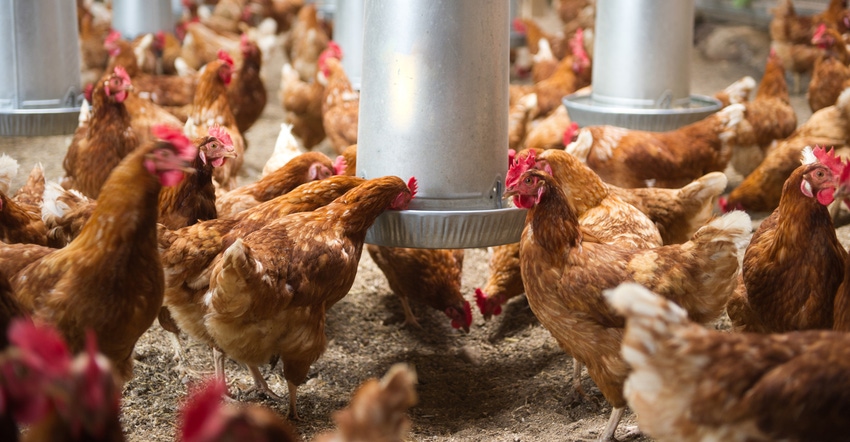March 4, 2022

The highly pathogenic avian influenza has been confirmed by the Michigan Department of Agriculture and Rural Development in a noncommercial backyard flock in Kalamazoo Country. Several birds in the flock died, and others showed signs of illness before the outbreak was confirmed.
Samples from the flock were tested at the Michigan State University Veterinary Diagnostic Laboratory, part of the National Animal Health Laboratory Network, and confirmed at the Animal and Plant Health Inspection Service National Veterinary Services Laboratories in Ames, Iowa.
APHIS is working closely with state animal health officials in Michigan on a joint incident response. State officials quarantined the affected premises, and birds on the property were depopulated to prevent the spread of the disease. Birds from the flock will not enter the food system.
“MDARD is always preparing for situations like this when they arise, which is why we were able to take quick action to contain this disease and help protect against its spread,” said Gary McDowell, Michigan Department of Agriculture and Rural Development director. “At this time, this is an isolated case. There is no threat to public health or food safety. We do not anticipate any disruptions to supply chains across our state. As this situation develops, we will continue to work with our partners at local and federal levels to best mitigate spread and provide outreach.”
The recent highly pathogenic avian influenza (HPAI) detections in birds do not present an immediate public health concern, and there have been no human cases detected in the U.S.
As part of existing avian influenza response plans, federal and state partners are working jointly on additional surveillance and testing in areas around the affected flock.
USDA is working with its partners to actively look for the disease in commercial poultry operations, live bird markets and in migratory wild bird populations.
Review biosecurity
Anyone involved with poultry production from the small backyard to the large commercial producer should review their biosecurity activities to ensure the health of their birds. APHIS has materials about biosecurity, including videos, checklists and a toolkit available at aphis.usda.gov.
USDA will report these findings to the World Organization for Animal Health (OIE), as well as international trading partners. USDA also continues to communicate with trading partners to encourage adherence to OIE standards and minimize trade impacts. OIE trade guidelines call on member countries to not impose bans on the international trade of poultry commodities in response to such notifications in non-poultry.
All cases of HPAI in commercial and noncommercial backyard flocks will be listed on the APHIS website at aphis.usda.gov.
In addition to practicing good biosecurity, all bird owners should prevent contact between their birds and wild birds, and report sick birds or unusual bird deaths to state or federal officials — either through their state veterinarian or through APHIS’ toll-free number at 1-866-536-7593.
APHIS urges producers to consider bringing birds indoors when possible to further prevent exposures. The Animal Health Protection Act authorizes APHIS to provide indemnity payments to producers for birds and eggs that must be depopulated during a disease response.
APHIS also provides compensation for disposal activities and virus elimination activities. Additional information on biosecurity for noncommercial backyard flocks can be found at healthybirds.aphis.usda.gov.
Source: USDA, which is solely responsible for the information provided and is wholly owned by the source. Informa Business Media and all its subsidiaries are not responsible for any of the content contained in this information asset.
You May Also Like




